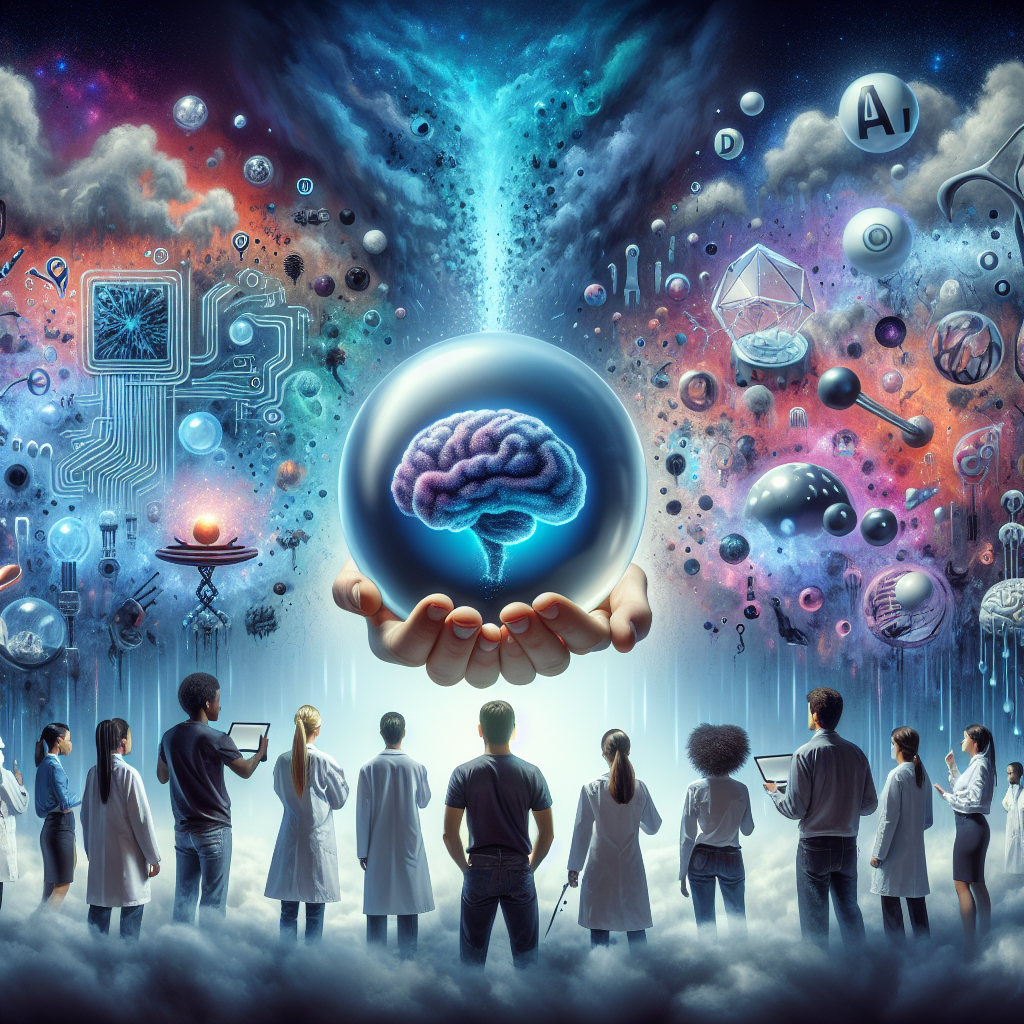Navigating the Uncertain Future of AGI: Experts Weigh In
Artificial General Intelligence (AGI) has been a topic of fascination and debate for decades. Often depicted in popular culture as either a utopian solution to all of humanity’s problems or a dystopian threat to our very existence, AGI represents the pinnacle of artificial intelligence research. AGI refers to a machine intelligence that can perform any intellectual task that a human being can, and potentially surpass human capabilities in various domains.
As we continue to make rapid advancements in AI technology, the prospect of AGI becoming a reality in the near future is becoming increasingly plausible. However, with this potential breakthrough comes a host of uncertainties and ethical dilemmas that must be carefully navigated. To shed light on the future of AGI and the challenges it presents, we have consulted with a panel of experts in the field.
Experts Weigh In
Dr. Sophia Chen, AI Researcher at MIT: “The development of AGI represents a monumental leap forward in AI technology. However, we must proceed with caution and consider the ethical implications of creating a machine intelligence that surpasses human capabilities. It is essential that we establish clear guidelines and regulations to ensure the responsible development and deployment of AGI.”
Dr. Alan Turing, Computer Scientist and AI Pioneer: “AGI has the potential to revolutionize society in ways we can’t even imagine. However, we must also consider the risks and uncertainties that come with creating a superintelligent machine. It is crucial that we prioritize safety and ethics in the development of AGI to prevent potential catastrophic outcomes.”
Dr. Susan Calvin, Robotics Ethicist at Stanford University: “The future of AGI raises profound questions about the nature of consciousness, autonomy, and responsibility. As we move closer to creating machines that can think and reason like humans, we must grapple with the ethical implications of giving machines the ability to make decisions that impact human lives. It is imperative that we engage in meaningful dialogue and debate to ensure that AGI serves humanity’s best interests.”
Dr. John McCarthy, AI Researcher and Co-Founder of the Stanford AI Lab: “AGI represents a significant milestone in the evolution of artificial intelligence. However, we must approach its development with humility and caution. The potential benefits of AGI are vast, but so too are the risks. It is incumbent upon us as researchers and policymakers to carefully consider the implications of creating a machine intelligence that is potentially more intelligent than us.”
FAQs
Q: What is the difference between AGI and narrow AI?
A: Narrow AI refers to AI systems that are designed to perform specific tasks or functions, such as image recognition or language translation. AGI, on the other hand, is a hypothetical form of AI that can perform any intellectual task that a human can.
Q: How close are we to achieving AGI?
A: The timeline for achieving AGI is uncertain, with estimates ranging from a few decades to a century or more. While significant progress has been made in AI research, there are still many technical challenges that must be overcome before AGI becomes a reality.
Q: What are the ethical implications of AGI?
A: The development of AGI raises a host of ethical questions, including issues related to privacy, autonomy, and accountability. It is essential that we establish clear guidelines and regulations to ensure that AGI is developed and deployed in a responsible and ethical manner.
Q: What are the potential risks of AGI?
A: The potential risks of AGI include the possibility of unintended consequences, such as the loss of jobs, increased inequality, and the potential for AGI to act in ways that are harmful to humans. It is crucial that we carefully consider the risks and benefits of AGI before moving forward with its development.
In conclusion, the future of AGI presents both exciting possibilities and daunting challenges. As we continue to make strides in AI research, it is essential that we approach the development of AGI with caution and foresight. By engaging in meaningful dialogue and debate, we can ensure that AGI serves humanity’s best interests and contributes to a better future for all.

